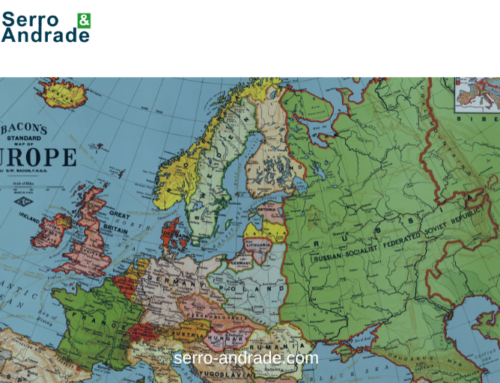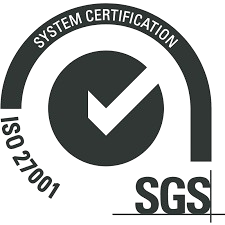The taxation of boats in Portugal is a topic of interest to both recreational boat owners and commercial boat owners. The Portuguese tax system has many nuances that are important to know in order to avoid surprises and ensure compliance with the legislation. In this article, we'll explore the main taxes levied on boats in Portugal, as well as some practical considerations for boat owners.
1. vehicle tax (ISV)
One of the main taxes to consider when buying a boat is Vehicle Excise Duty (ISV). This tax applies to recreational craft and is calculated on the basis of the value of the craft and its cylinder capacity (in the case of motorised craft). The rates vary according to the type of boat and its category. It is important to note that the ISV must be paid when the boat is registered in Portugal.
2. Stamp Duty
Stamp Duty is another relevant tax in the taxation of boats. This tax is applied to the transfer of ownership of vessels and is levied on the value of the transaction. The Stamp Duty rate for boats is generally 0.8% of the acquisition value. In addition, in some cases, the donation of boats may also be subject to this tax.
3. VAT (Value Added Tax)
VAT is also an important factor to take into account, especially when buying new boats. In Portugal, the standard VAT rate is 23%. However, there are exemptions and reduced rates that may apply, depending on the type of boat and its use. For example, boats used exclusively for passenger or goods transport activities may be exempt from VAT, provided they fulfil certain conditions.
4. Annual Taxes
In addition to purchase taxes, boat owners must consider annual taxes, such as the Access and Navigation Tax, which is levied annually and varies according to the length of the boat. This tax is essential to guarantee the safety and maintenance of maritime infrastructure.
5. Municipal Contribution
Another relevant aspect is the Municipal Contribution, which can be applied depending on the location of the marina where the boat is registered. Local councils have the option of charging additional fees which can impact on the total cost of maintaining the boat.
6. Tax Exemptions and Benefits
It's important to be aware of the tax exemptions and benefits that may apply. Boats dedicated to commercial fishing, for example, can benefit from exemptions from certain taxes, provided they are duly registered and comply with legal requirements.
7. Final considerations
The taxation of boats in Portugal can be complex, but understanding the different taxes and their implications is fundamental to effectively managing the associated costs. For those who are considering buying a boat or already own one, it is advisable to consult an accountant or a specialist in maritime taxation to ensure that all tax obligations are being met.
In short, being well informed about the taxation of boats in Portugal not only helps to avoid legal complications, but can also result in significant savings in the long term. If you're thinking of buying a boat, consider the tax implications and seek specialised advice to make the best decision.
The role of Serro & Andrade
At Serro & Andrade, we closely monitor changes in the tax system and are ready to help companies comply with these new requirements. With an experienced team in consulting and accounting, we assist our clients in adapting to new tax realities, such as the 15% minimum tax for multinationals.
If your company is affected by these new rules or if you want to understand how this measure could impact your operations, contact us. We offer specialized consulting to ensure your fiscal obligations are met efficiently and securely.






